This post is the final blog in a series on privacy-preserving federated learning. The series is a collaboration between the Responsible Technology Adoption Unit (RTA) and the US National Institute of Standards and Technology (NIST). Learn more and read all …
This post is part of a series on privacy-preserving federated learning. The series is a collaboration between the Responsible Technology Adoption Unit (RTA) and the US National Institute of Standards and Technology (NIST). Learn more and read all the posts …
Featuring: Dr. Mat Weldon - ONS Dr. Michael Fenton – Trūata Dr. Xiaowei Huang – University of Liverpool Dr. Yi Dong – University of Liverpool In this post, we talk with Dr. Xiaowei Huang and Dr. Yi Dong (University of …
Find out how you can protect individual's data after it's been used in training models through output privacy.
Privacy Enhancing Technologies (PETs) have become an increasingly important policy priority for governments, multilateral organisations, and the data privacy expert community. PETs refer to a range of digital technologies and techniques that enable the collection, processing, analysis, and sharing of …
This post is part of a series on privacy-preserving federated learning. The series is a collaboration between the Responsible Technology Adoption Unit (RTA) and the US National Institute of Standards and Technology (NIST). Learn more and read all the posts …
In our second post we described attacks on models and the concepts of input privacy and output privacy. ln our previous post, we described horizontal and vertical partitioning of data in privacy-preserving federated learning (PPFL) systems. In this post, we …
This post is part of a series on privacy-preserving federated learning. The series is a collaboration between the Responsible Technology Adoption Unit (RTA) and the US National Institute of Standards and Technology (NIST). Learn more and read all the posts …
Privacy Enhancing Technologies (PETs) could enable organisations to collaboratively use sensitive data in a privacy-preserving manner and, in doing so, create new opportunities to harness the power of data for research and development of trustworthy innovation. However, research DSIT commissioned …
This post is part of a series on privacy-preserving federated learning. The series is a collaboration between CDEI and the US National Institute of Standards and Technology (NIST). Learn more and read all the posts published to date on the …

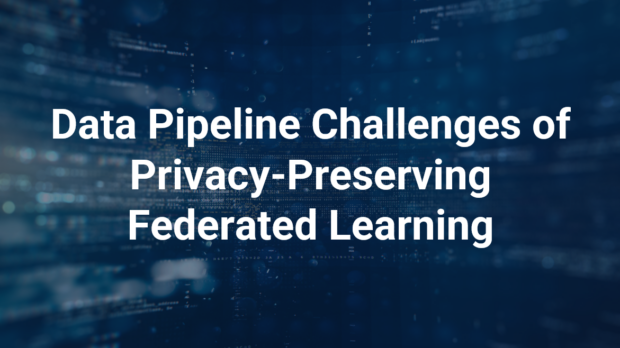
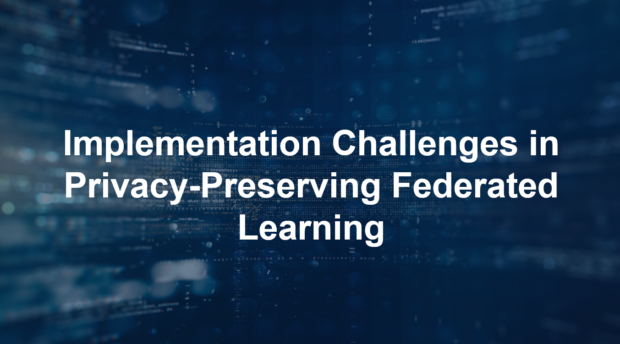
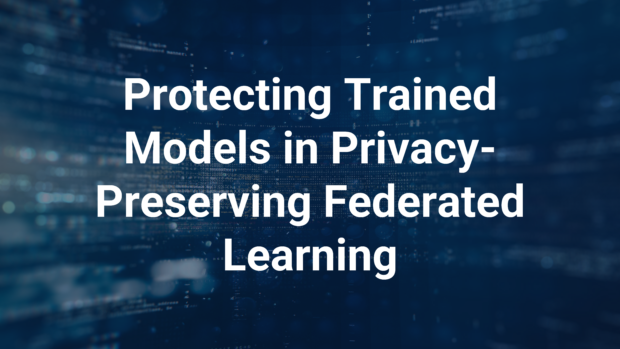
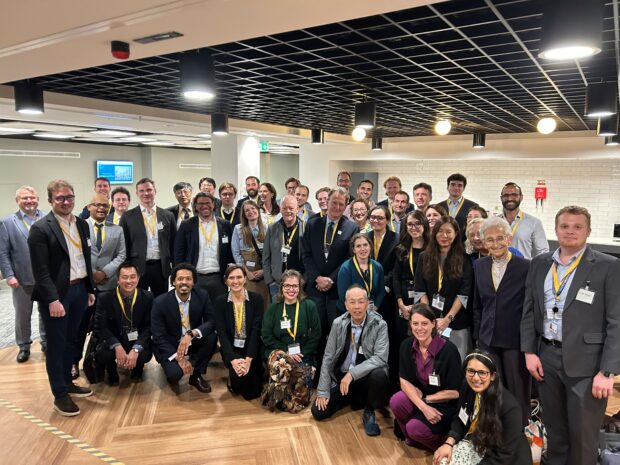
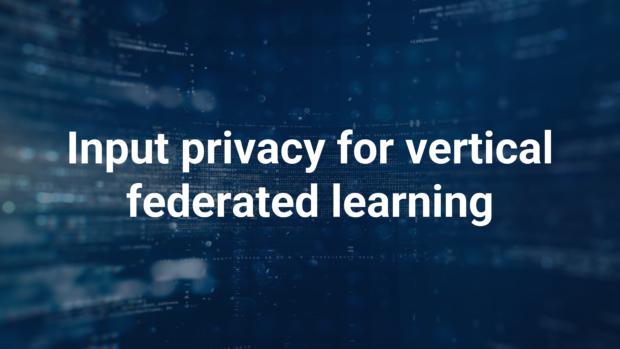
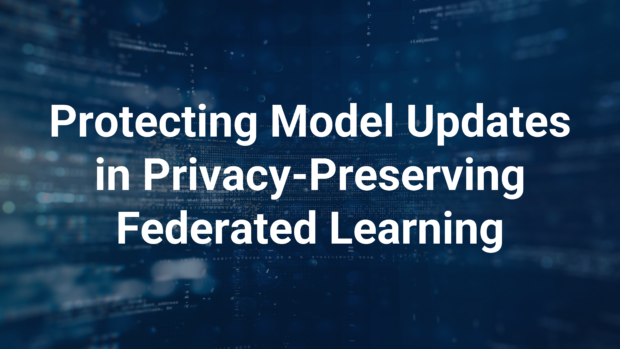
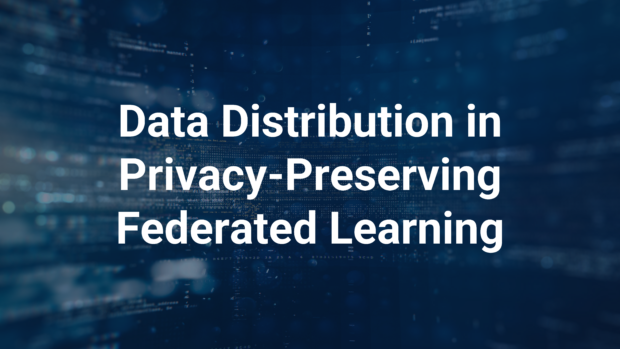

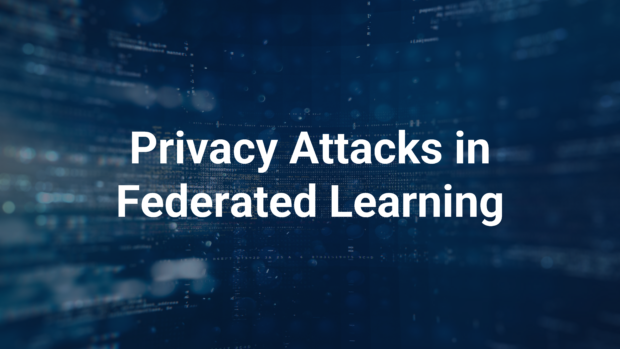
Recent Comments